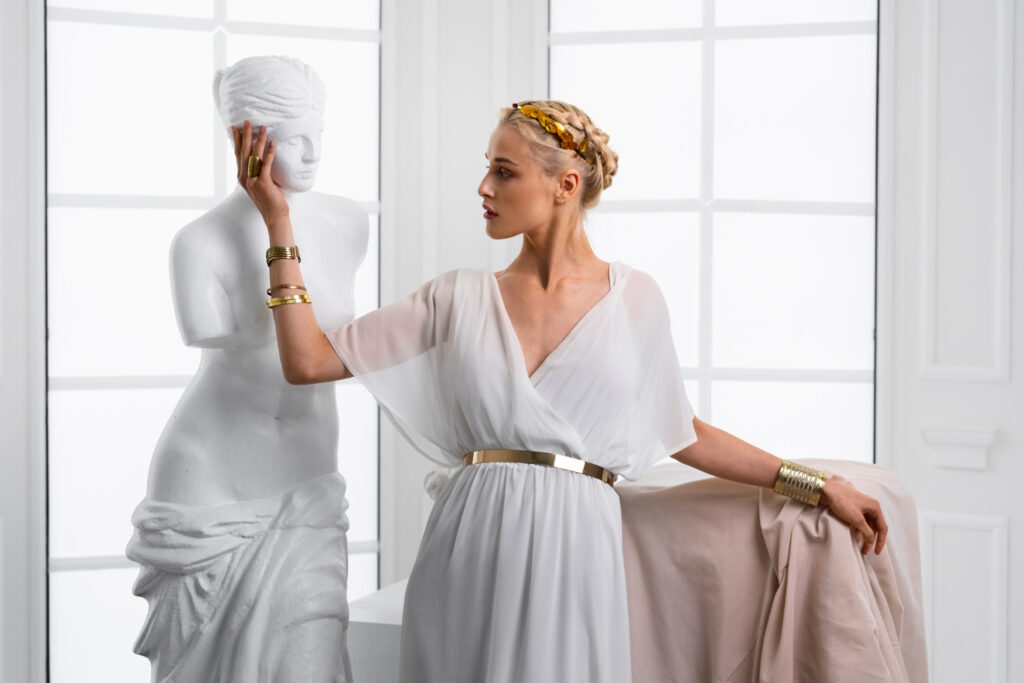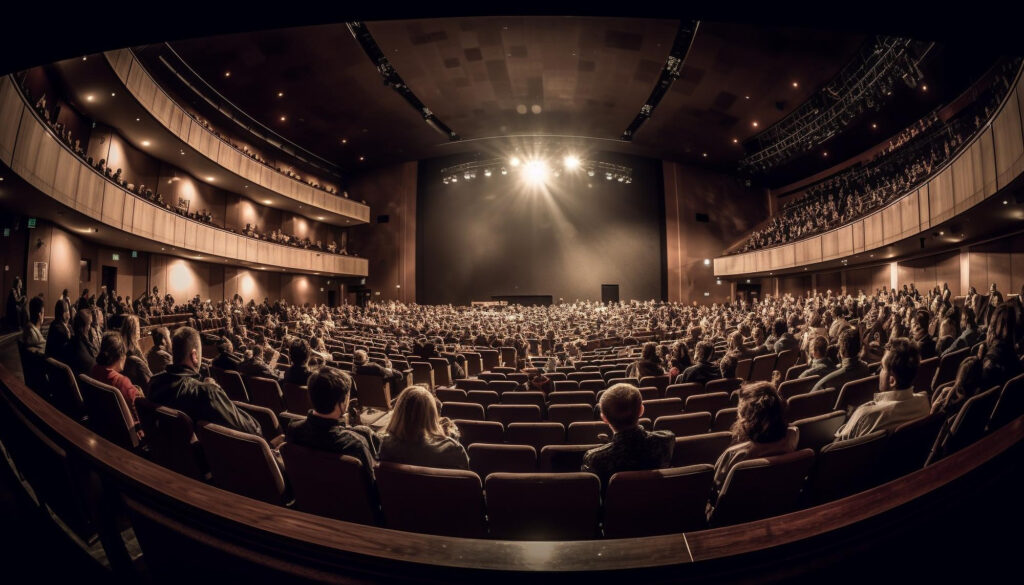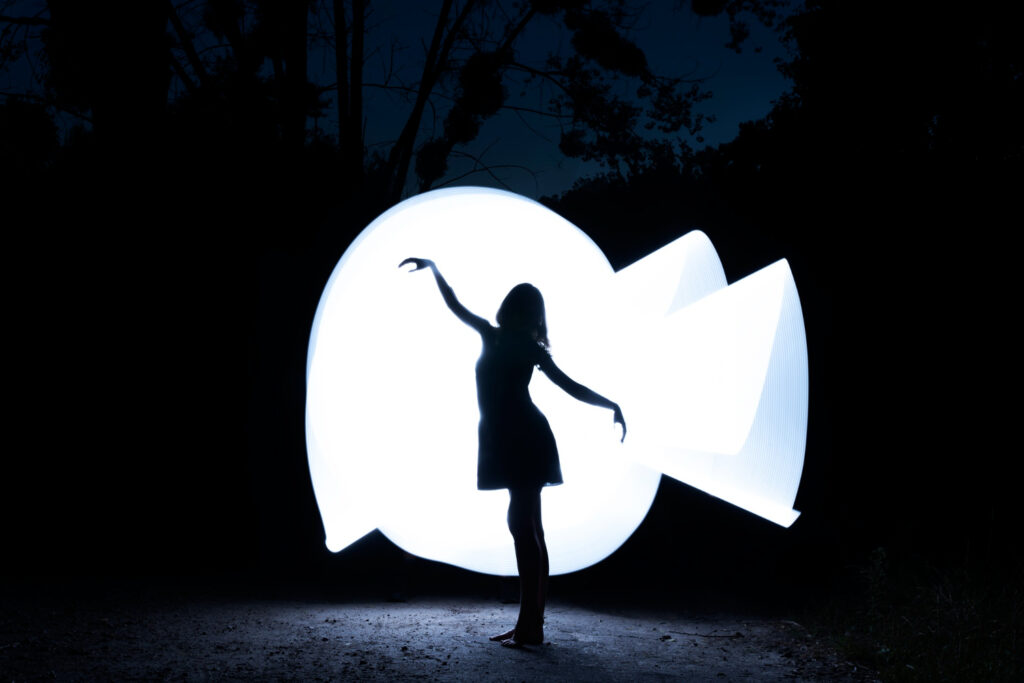
13 Dramatic Forms and Styles: A Beginner’s Guide
The stage is set, the curtain rises, and the spotlight falls on the fascinating world of dramatic forms and styles. Welcome, dear readers, to a theatrical journey that transcends time, space, and imagination. Whether you’re a budding thespian, a drama educator, or simply a lover of the arts, our exploration of these 13 dramatic forms and styles will light up your world like a well-directed scene change.
1. Storytelling: The Timeless Tale Spinners
Let’s begin with the heart of the theatrical tradition: storytelling. Whether you’re reciting myths, folktales, or original narratives, storytelling is the cornerstone of all drama. It’s a way to connect with your audience on a primal level, pulling them into a world where every word matters.
2. Verbatim: The Echoes of Reality
Verbatim theatre is like a mirror reflecting the world as it is, using real-life interviews, transcripts, and testimonials. It’s the stage’s way of saying, “The truth is stranger than fiction.” Get ready to witness the power of words brought to life.
3. Collage Drama: The Art of Montage
Imagine creating a theatrical collage, weaving together snippets of various texts, images, and sounds. Collage drama allows you to piece together a narrative as unique as a patchwork quilt. It’s theatre’s version of recycling – turning discarded fragments into a compelling whole.
4. Documentary Drama: Reality on Stage
Documentary drama goes beyond verbatim, offering a broader canvas for exploring social issues and historical events. It’s as if the stage becomes a living archive, preserving stories that must not be forgotten.
5. Realism: Life in High Definition
The pursuit of authenticity and believability—realism has been a staple of theatre since the late 19th century. It’s like a high-definition TV for the stage, bringing everyday life to the forefront.
6. Magical Realism: Australian Gothic Theatre
Step into a world where the mundane and the magical coexist harmoniously. In Australian Gothic Theatre, the outback becomes a dreamscape, and the ordinary turns extraordinary, like a kangaroo with wings.
7. Theatre of Social Comment: The Power of Protest
Drama with a message – that’s what the Theatre of Social Comment is all about. From Ibsen to Brecht and beyond, it’s a powerful tool for stirring the pot, provoking thought, and inspiring change.
8. Epic Theatre: Brecht’s Legacy
Enter the world of Bertolt Brecht, the master of alienation and epic theatre. Epic theatre breaks the fourth wall and challenges the audience to engage critically with the performance. It’s like a theatrical “choose your adventure” story.
9. Theatre of the Absurd: Nonsensical Wisdom
Embrace the absurdity of existence! In this style, the nonsensical becomes profound, and the seemingly meaningless takes center stage. It’s like the theatre version of a Salvador Dali painting.
10. Elizabethan Theatre: Shakespearean Splendor
Ah, the grandeur of Elizabethan theatre, where Shakespeare reigned supreme. The poetic language, the epic tales, and the timeless themes are a testament to the enduring power of the Bard’s work.
11. Greek Theatre: Tragedy and Triumph
Travel back in time to ancient Greece, where theatre was born. Greek theatre brings forth timeless tragedies and heroic epics that continue to resonate with audiences worldwide.
12. Neoclassicism: Return to the Classics
Neoclassicism revived the spirit of ancient Greece and Rome in the 17th and 18th centuries. It’s all about balance, reason, and adherence to classical principles. Think of it as the theatre’s version of a beautifully crafted sonnet.
13. Contemporary Performance: Pushing Boundaries
Last but not least, we have contemporary performance. It’s a dynamic, ever-evolving form that challenges conventions and pushes boundaries. Think of it as the theatre world’s answer to avant-garde art.
Conclusion
There you have it, 13 dramatic forms and styles that are not only a joy to explore but also invaluable tools for theatre education. Whether you’re embracing the timeless elegance of Greek theatre or diving headfirst into the avant-garde world of contemporary performance, these styles offer a world of possibilities.






